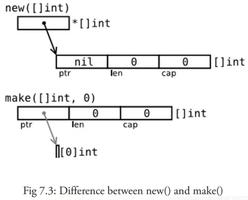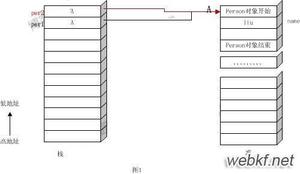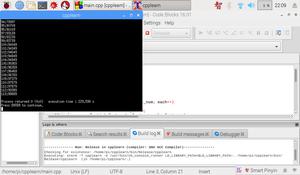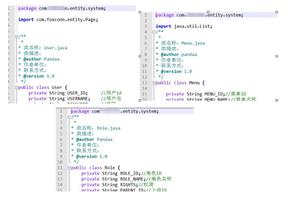Java接口-它们的作用是什么?
我不久前才开始学习Java。
我遇到过Interfaces我知道如何使用它,但仍然不太了解它的想法。
据我了解,interfaces通常是由类实现的,然后必须实现在接口中声明的方法。
问题是-真正的意义是什么?仅将接口中的方法实现为普通的类方法会更容易吗?使用接口的确切优势是什么?
希望有人可以简化它!:)
预先感谢!
回答:
接口允许您在运行时提供不同的实现,注入依赖项,单独的关注点,使用不同的实现进行测试。
只需将接口视为类保证实现的契约即可。实现该接口的具体类无关紧要。不知道这是否有帮助。
想出一些代码可能会有所帮助。这并不能解释界面的所有内容,请继续阅读,但我希望这可以帮助您入门。这里的重点是您可以更改实现…
package stack.overflow.example;public interface IExampleService {
void callExpensiveService();
}
public class TestService implements IExampleService {
@Override
public void callExpensiveService() {
// This is a mock service, we run this as many
// times as we like for free to test our software
}
}
public class ExpensiveService implements IExampleService {
@Override
public void callExpensiveService() {
// This performs some really expensive service,
// Ideally this will only happen in the field
// We'd rather test as much of our software for
// free if possible.
}
}
public class Main {
/**
* @param args
*/
public static void main(String[] args) {
// In a test program I might write
IExampleService testService = new TestService();
testService.callExpensiveService();
// Alternatively, in a real program I might write
IExampleService testService = new ExpensiveService();
testService.callExpensiveService();
// The difference above, is that we can vary the concrete
// class which is instantiated. In reality we can use a
// service locator, or use dependency injection to determine
// at runtime which class to implement.
// So in the above example my testing can be done for free, but
// real world users would still be charged. Point is that the interface
// provides a contract that we know will always be fulfilled, regardless
// of the implementation.
}
}
以上是 Java接口-它们的作用是什么? 的全部内容, 来源链接: utcz.com/qa/425597.html









